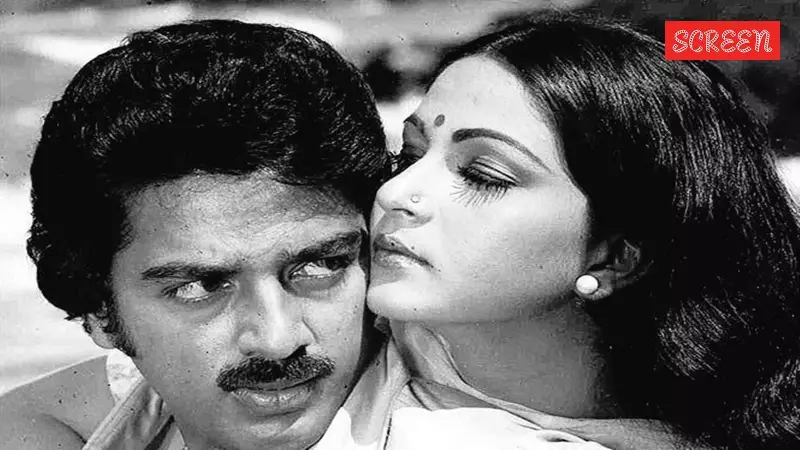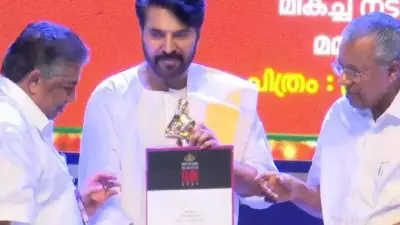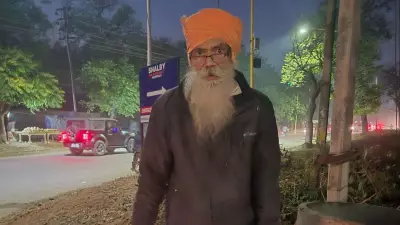
Long before the term "pan-India" became a buzzword in the film industry, one actor was already living that reality - the legendary Kamal Haasan. In a stunning revelation that rewrites Bollywood history, it has emerged that Haasan made a conscious decision to walk away from Hindi cinema's golden era in the 1980s.
The Bollywood Offer That Never Was
At the peak of his career, when most actors would kill for a Bollywood break, Kamal Haasan was offered what seemed like a dream project. The iconic director Manmohan Desai, known for blockbusters like "Amar Akbar Anthony" and "Coolie," approached Haasan with a film that would have paired him alongside none other than Amitabh Bachchan.
This wasn't just any offer - it was potentially the biggest casting coup of the decade. Desai, the master of masala entertainment, saw something special in the Tamil star that made him believe Haasan could hold his own against the reigning superstar of Hindi cinema.
The Strategic Decision That Changed Indian Cinema
What happened next shocked the industry. Instead of jumping at this career-defining opportunity, Kamal Haasan politely declined. His reasoning? He wanted to focus entirely on Tamil cinema and his growing fanbase in South India.
This wasn't a rejection born out of arrogance, but rather a strategic vision that few could comprehend at the time. While Bollywood was considered the ultimate destination for Indian actors, Haasan saw the potential of regional cinema decades before anyone else.
The Making of India's First True Pan-India Star
By turning down Bollywood's biggest names, Kamal Haasan wasn't limiting his reach - he was expanding it on his own terms. His commitment to Tamil cinema allowed him to:
- Pioneer technical innovation in Indian filmmaking
- Experiment with diverse roles and genres
- Build an organic pan-Indian audience through quality content
- Maintain creative control over his projects
His films like "Nayakan," "Indian," and "Hey Ram" transcended linguistic barriers and found audiences across the country, proving that you didn't need to be in Bollywood to become a national icon.
A Legacy That Predates Today's Pan-India Trend
Today, when stars like Prabhas and Yash are celebrated for their pan-India appeal, it's important to remember that Kamal Haasan was the original trailblazer. His decision in the 1980s wasn't just about refusing a film - it was about redefining what stardom meant in India.
While the industry chased Bollywood validation, Haasan was building an empire where the content spoke louder than the language. His journey proves that true pan-India stardom isn't about conquering Bollywood, but about creating cinema that conquers hearts across all linguistic boundaries.
The man who could have been Bachchan's co-star chose instead to become what Bachchan never could - a superstar equally revered in multiple film industries without having to migrate to Mumbai.





